Introduction: In the dynamic world of agriculture, efficiency and sustainability are key. As technology continues to evolve, one innovation stands out for its profound impact on farming practices: Variable Rate Spraying (VRS). This revolutionary technique is not just a leap forward in agricultural technology; it's a game-changer for farmers worldwide.
Understanding Variable Rate Spraying: Variable Rate Spraying is a technology that allows for the precise application of inputs like fertilizers, pesticides, and herbicides, tailored to the specific needs of each part of a field. Using advanced sensors, GPS technology, and data analytics, VRS systems can detect variations in field conditions and adjust application rates accordingly.
1. Enhanced Precision and Efficiency: One of the primary benefits of VRS is its ability to apply the right amount of product in the right place at the right time. This precision leads to significant reductions in input waste, ensuring that every drop of spray is utilized effectively.
2. Cost Savings: By optimizing input usage, VRS helps farmers save on the cost of chemicals and fertilizers. This efficiency not only reduces operational costs but also minimizes the environmental footprint of farming practices.
3. Improved Crop Health and Yield: VRS allows for targeted treatment of pests and diseases, leading to healthier crops. This targeted approach ensures that crops receive the exact care they need, often resulting in higher yields and better-quality produce.
4. Environmental Benefits: Reduced overapplication of chemicals means less runoff into nearby water bodies, protecting the ecosystem. VRS is a step towards more sustainable farming, aligning with global efforts to reduce environmental impact.
5. Data-Driven Decision Making: With VRS, farmers gain access to valuable data about their fields. This information can be used to make informed decisions about crop management, leading to continual improvements in farming practices.
Case Studies and Real-World Examples:
- In Arkansas, a wheat farmer used VRS to adjust nitrogen levels across his fields, resulting in a 15% increase in yield.
- A vineyard in California implemented VRS to combat a specific pest, significantly reducing the damage and improving grape quality.
Conclusion: Variable Rate Spraying is more than just a technological advancement; it's a new era in agriculture. By embracing VRS, farmers can enjoy numerous benefits, from cost savings to environmental protection, paving the way for a more efficient and sustainable future in farming.
Call to Action: Interested in exploring how Variable Rate Spraying can transform your farming practices? Contact Southern Drone OPS for expert advice and support in integrating this innovative technology into your agricultural operations.

